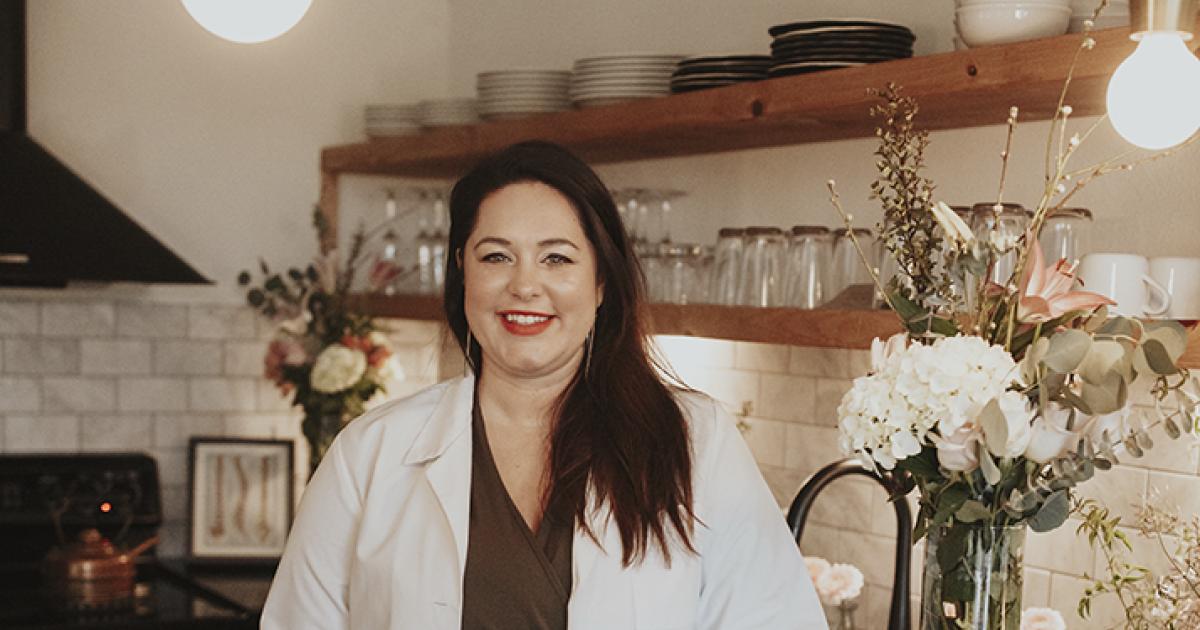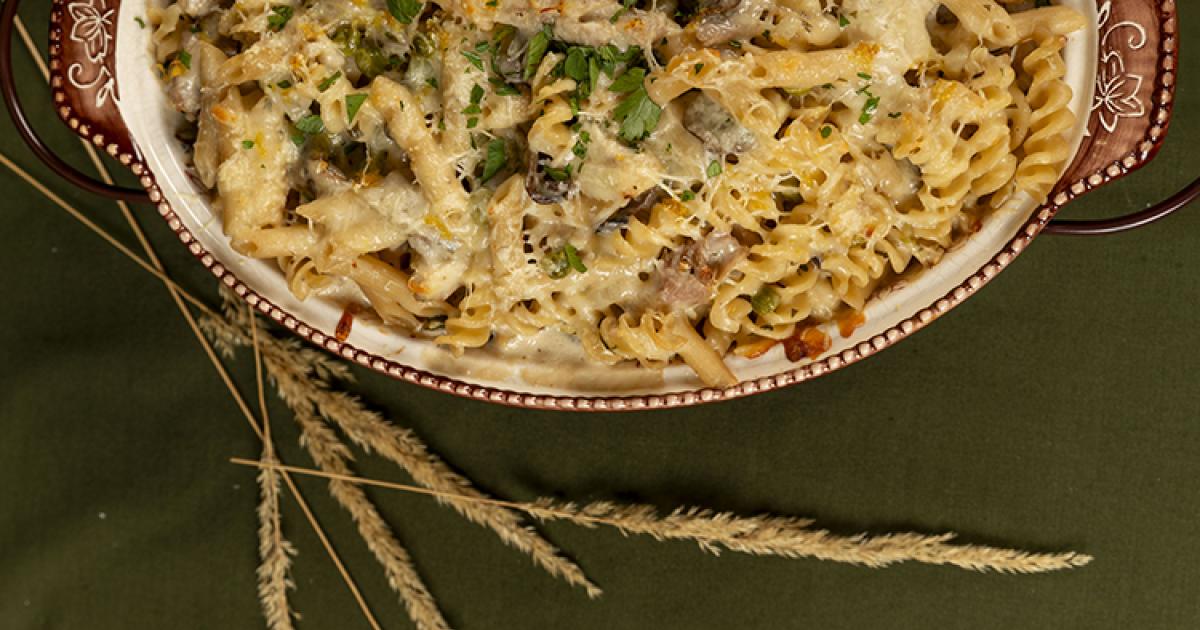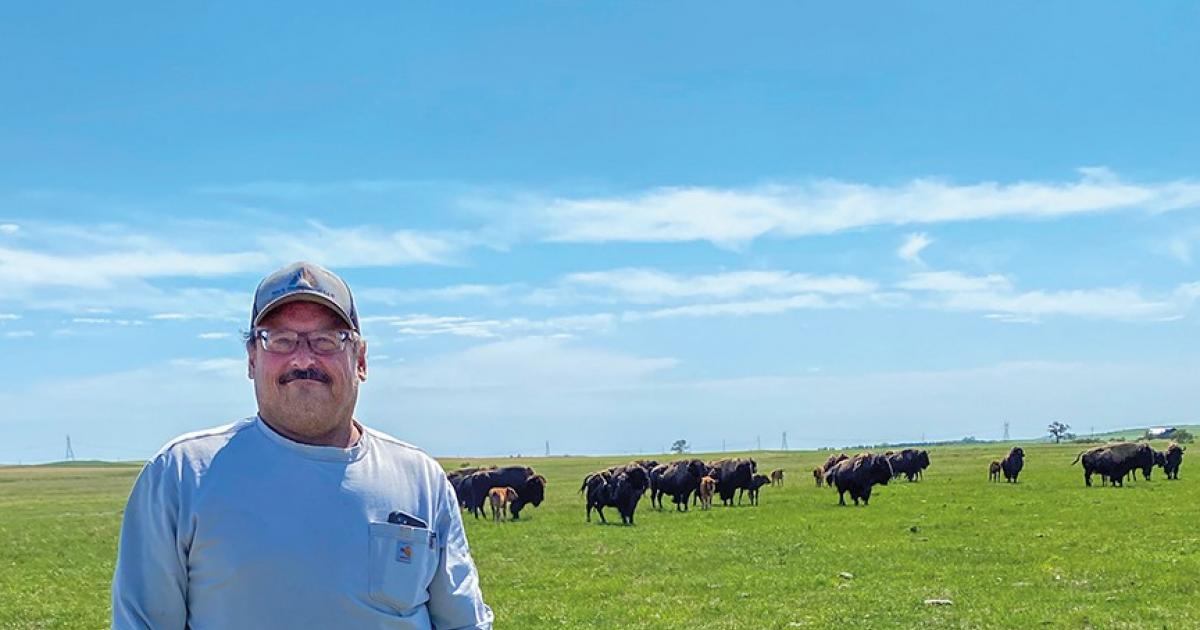Courtesy photo
Just like the prairie depends on different grasses, wildflowers, insects, birds and animals to keep the land thriving, your body needs a rich variety of microbes to stay healthy. There is an invisible ecosystem inside you made of bacteria, fungi, viruses and many other microbes. It’s called the microbiome – and it’s doing much more than you think.
In fact, the microbes in and on your body outnumber your human cells 10 to 1. You are more microbe than human. But do not worry, they are just along for the ride. These tiny organisms play a huge role in keeping you alive and well. They help you digest food, absorb nutrients, produce vitamins, fight infections, balance blood sugar and regulate your mood. Some scientists even call the microbiome our “hidden organ” because of how much it affects our health.
THE HIDDEN ORGAN
Each person has a unique microbiome signature influenced by diet, environment and lifestyle. Babies develop their microbiome from birth, receiving beneficial bacteria from their mothers. As we grow, the foods we eat, the air we breathe and even the soil we walk on contributes to our microbial diversity.
A healthy microbiome means a strong immune system, better digestion and improved mental health, as the gut is closely linked to brain function through the “gut-brain axis.” Through this pathway, the microbiome directly impacts behaviors, cravings and even personality traits. Certain gut microbiomes are responsible for producing the chemicals that make us feel happiness, while others can induce symptoms of anxiety or depression.
For years, research has linked an imbalanced microbiome to conditions such as obesity, autoimmune disease, diabetes, colon cancer and mental health issues. Scientists are now also discovering connections between the microbiome and Alzheimer’s, Parkinson’s, heart disease and chronic pain conditions. The good news? Fixing the problem might be easier than it seems.
EATING LIKE OUR ANCESTORS
Traditional ways of eating – like those followed by our grandparents and great-grandparents – were designed to inherently support a healthy microbiome. Before the rise of processed foods, people ate diets rich in fiber, fermented foods and seasonally fresh produce. Fermented foods like sauerkraut, pickles, kefir, kvass and homemade yogurt provided a steady supply of beneficial bacteria to keep the gut balanced. Broths made from bones provided collagen and amino acids to help heal the gut lining. The word “supper” originated from the word “soup,” which was typically the last meal of the day and provided nourishment before rest. Our ancestors consumed a diverse range of plants, which provide the gut different types of fiber and antioxidants that feed the beneficial microbes. The variety in their diets helped ensure a well-balanced gut, while today’s processed foods often lack this essential diversity.
In addition to diet, traditional lifestyles included more exposure to nature. People worked outside, interacted with soil and had contact with farm animals, all of which introduced healthy bacteria. Compare this to today, where antibacterial soaps, disinfectants and urban living reduce microbial diversity. While cleanliness is important, over-sanitation can weaken our natural defense.
Processed foods, refined sugar, artificial additives, increased daily stressors, environmental toxins and overuse of medications create the perfect storm for microbiome disruption. The results? More people than ever are experiencing chronic health issues, digestive problems (bloating, heartburn, constipation, diarrhea and food sensitivities), fatigue, brain fog, mood changes, inflammation and joint pain. All of which could be signs your body is trying to tell you something is off in your gut.
Today, advanced lab testing can provide a detailed analysis of your unique gut health. Comprehensive stool tests measure the diversity and balance of your gut bacteria, identify beneficial microbes and potentially harmful ones. These tests can detect inflammation, infections and markers for more serious issues. Some microbiome tests even provide insight into how well your body metabolizes food, produces essential vitamins and processes neurotransmitters that affect mood.
Your digestion is the foundation of your health, and taking care of it now can prevent bigger health issues down the road. Incorporating more whole foods, managing stress and reintroducing traditional gut friendly foods are small, but meaningful, changes you can make today. Combining the wisdom of traditional diets with modern scientific advancements may be one of the most powerful steps toward improving both individual and community health.
___
Dr. Shylah Schauer is a naturopathic doctor specializing in the gut-brain-microbiome axis. The Jamestown native lectures across North Dakota and at medical conferences worldwide, educating health care professionals and the public on the critical link between gut health and overall wellbeing. To improve access to integrative care in rural communities, Schauer founded a telehealth clinic to bridge the gap between modern science and natural healing. Find her online at schauernd.com.










